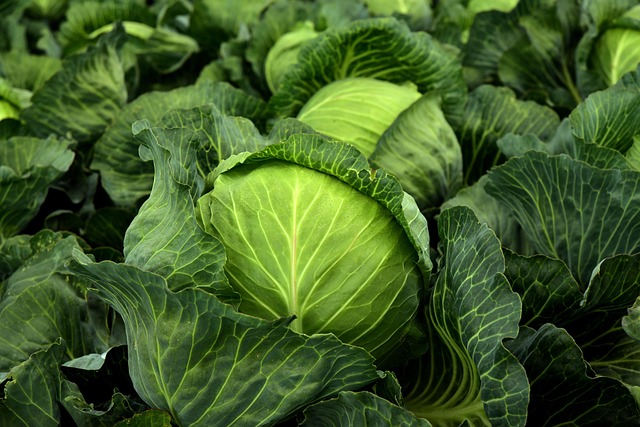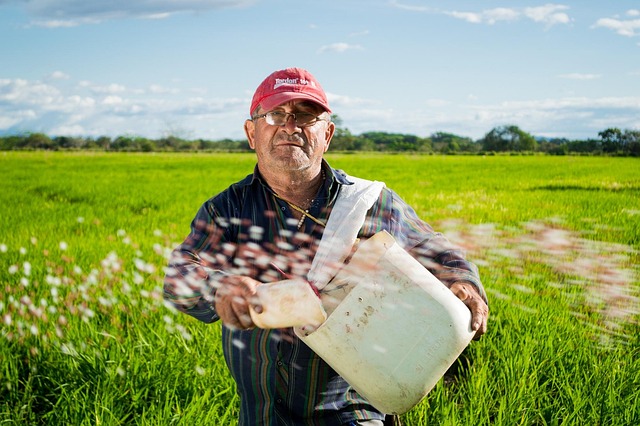In recent years, the call for environmental consciousness has become louder, urging us to adopt sustainable lifestyles that contribute to a healthier planet. One of the most impactful shifts we can make is through vegetarian cultivation, a practice that embraces the harmony of gardening with nature while promoting eco-friendly living. As more individuals recognize the profound benefits of vegetarianism, the green revolution within cultivation offers a pathway to foster a deep connection with the earth.
When we talk about vegetarian cultivation, we are not just referring to the act of growing fruits and vegetables; we are embracing a lifestyle that values the environment. By growing our own food, we reduce the carbon footprint associated with food transportation and industrial farming. Additionally, engaging in gardening allows us to observe the intricate relationships among plants, pollinators, and soil health. This connection enhances our appreciation for nature and encourages us to implement eco-friendly methods.
Consider the joy of harvesting a fresh cucumber or picking ripe tomatoes from your backyard. Each bite is a reminder of the rewards of hard work and the satisfaction of knowing where your food comes from. Organic vegetarian cultivation emphasizes sustainability, temporary resource conservation, and low-impact practices. By avoiding chemical pesticides and opting for organic fertilizers, we not only create a safe environment for our families but also support biodiversity and protect our ecosystems.
Moreover, embracing vegetarian cultivation contributes to our well-being. Engaging with plants has therapeutic benefits; studies show that gardening can reduce stress levels, improve mood, and promote physical activity. This green therapy keeps us connected to the rhythms of nature, nurturing both our physical bodies and mental health. Families can bond over nurturing a garden, teaching children the importance of sustainability, and instilling values of ecological stewardship in the next generation.
As we consciously choose vegetarian cultivation methods, let us also consider the importance of utilizing native plants and heirloom varieties. These plants are often better adapted to local environments, requiring less water and fewer resources while attracting beneficial insects. By promoting biodiversity through careful selection, we contribute to a more resilient ecosystem that can withstand climate challenges.
In a world where environmental issues are escalating, vegetarian cultivation stands as a beacon of hope. By integrating eco-friendly gardening practices into our lives, we make a powerful statement about our commitment to preserving the planet. Whether you have a small balcony or an expansive garden, every plant nurtured in the spirit of sustainability aligns with the broader green movement. Let us dig our hands into the soil, plant seeds of change, and watch our collective efforts blossom into a greener, healthier future.




